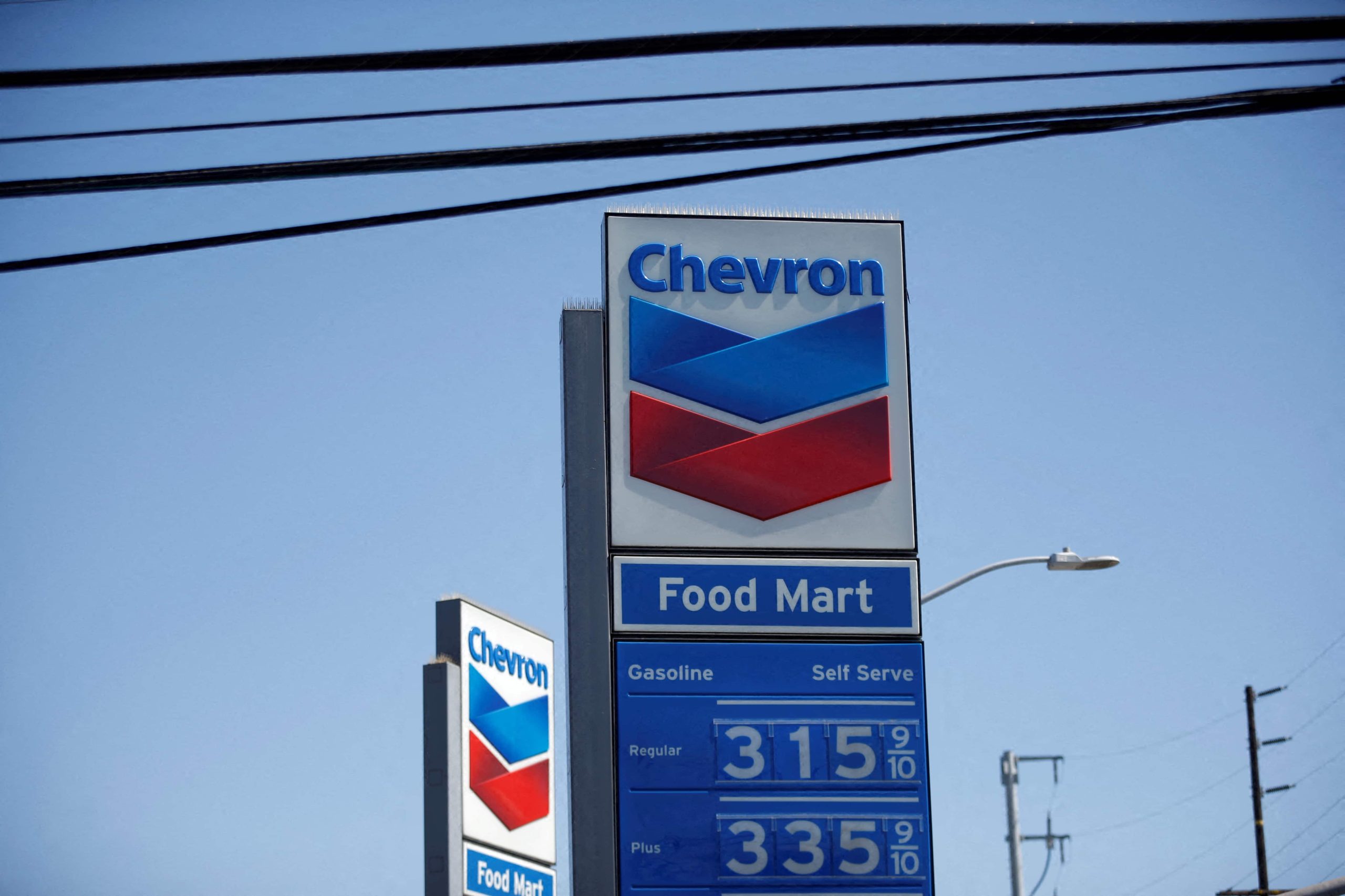Chevron’s Decision to Sell North Sea Assets
Chevron, the US energy giant, has announced its plans to sell its remaining oil and gas assets in the UK North Sea, marking the end of its more than 55-year presence in the region. This move is part of a strategic decision as Chevron prepares for a $53 billion acquisition of Hess, with intentions to conduct $10 billion to $15 billion in global asset sales.
Background and Implications
The divestment of Chevron’s North Sea holdings reflects a broader trend of major oil companies retreating from the ageing British basin. The North Sea was once a pioneering region for deepwater production since the 1970s but has seen a decline in production over the years.
- Chevron’s North Sea assets include a 19.4% stake in the BP-operated Clair oilfield, the region’s largest with a production capacity of 120,000 barrels per day.
- BP is considering the development of Clair South, one of the last major untapped fields in the North Sea.
- The UK’s oil and gas production has decreased significantly from its peak in the late 1990s to around 1.2 million barrels of oil equivalent per day in 2023.
Strategic Review and Future Plans
Chevron’s exit from the North Sea basin is part of a strategic review of its global portfolio, aiming to focus on its most profitable assets. CEO Mike Wirth emphasized the company’s commitment to maintaining capital discipline and ensuring strategic competitiveness in both traditional and new energy sectors.
- Chevron has been gradually reducing its North Sea presence, having previously sold assets to Equinor and Ithaca Energy.
- Other major oil companies like Exxon Mobil, ConocoPhillips, and Shell have also divested assets in the region over the years.
Market Impact and Future Prospects
Industry sources estimate that the sale of Chevron’s North Sea assets could generate up to $1 billion, excluding tax benefits. The formal sales process is expected to begin in June, with potential buyers likely including independent companies seeking to expand their operations in the region.
Chevron’s decision is not influenced by the UK government’s windfall tax on North Sea producers and is part of the company’s ongoing strategy to ensure its assets remain strategic and competitive for future investments.
Overall, Chevron’s move to sell its North Sea assets signifies a significant shift in the region’s energy landscape and highlights the evolving strategies of major oil companies in response to changing market dynamics.
















































